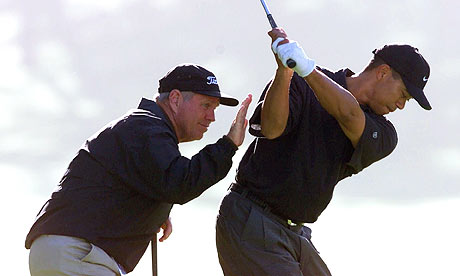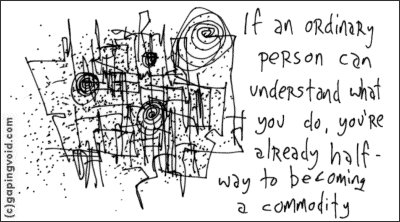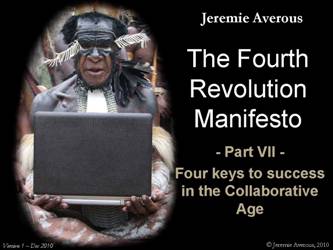As knowledge and development is today a major part of the compensation package, then the one and only way to retain your employees is to give them more of: knowledge and development!
And you know what? That can be almost free if you take the time to develop them in the workplace.
Knowledge and development is part of the compensation package. If you don’t provide it you are not competitive and K.E.E.N. will leave. If you provide plenty of it you can pay less money.
And if you want to retain people, stop the stupid practice of the Industrial Age which was to cut all the training and development budgets as soon as the sea gets rough. Rather, increase it. Publicize that your company is a great place for development.
What’s more, if you leave people space for their own development the rewards to the organization will be plentiful and unexpected. The organization’s culture will be open and collaborative.
Today in the Fourth Revolution, giving more knowledge and personal development opportunities is the secret recipe to employees retention.






